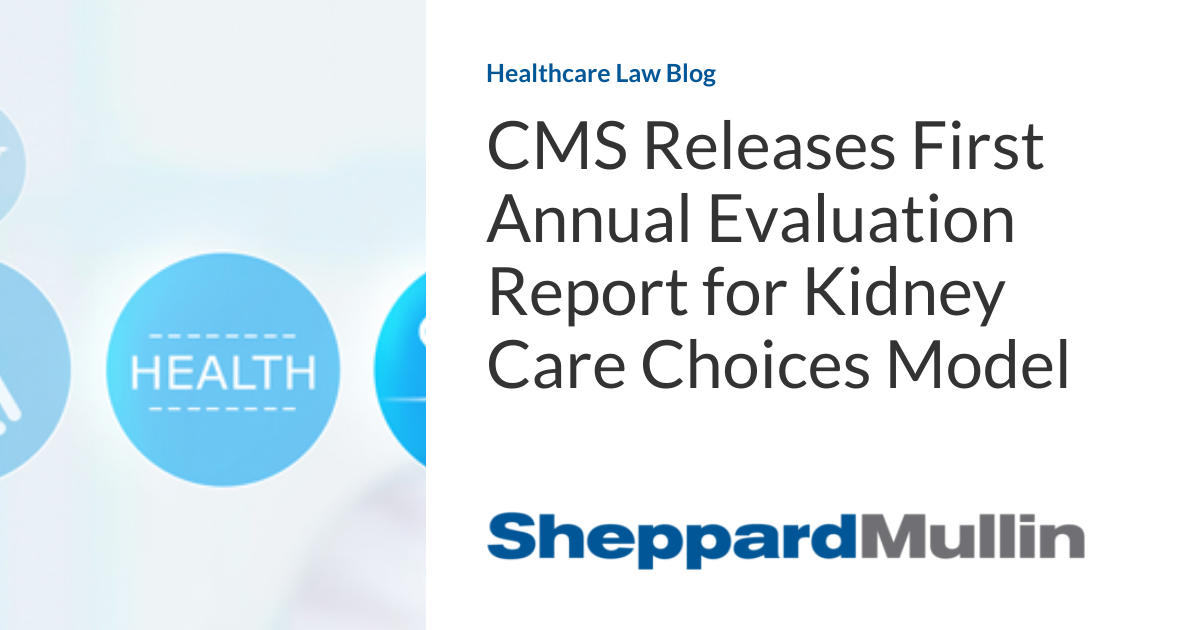
We wrote a few days ago about a favorable ruling on a state human tissue shield statute in Heitman v. Aziyo Biologics, Inc. (N.D. Fla.). That case gave us another good procedural ruling to share, rejecting a trick we see all too often: an attempt to join a non-diverse defendant post-removal.
The decision, as we mentioned, involved a human tissue product used in spinal surgery. Heitman v. Aziyo Biologics, Inc., et al. No. 3:24-CV-61-MCR-ZCB, 2024 WL 4023193 (N.D. Fla. June 20, 2024). Having complete diversity, Defendants removed the case to federal court and then filed a motion to dismiss. Plaintiffs obtained an extension to respond to the motion to dismiss, and then one week later, without seeking leave, filed an amended complaint adding a non-diverse sales rep and allegations about his involvement in delivering the product and being present in the operating room. Plaintiffs followed this with a motion to remand to state court, citing lack of diversity. The District Court rejected Plaintiffs’ effort at forum manipulation.
Plaintiffs’ first mistake was not seeking leave to file the amended complaint as required by 28 U.S.C. § 1447(e). This alone was enough for the Court to reject Plaintiffs’ attempted joinder.
Alternatively, the Court held it still would have rejected Plaintiffs’ attempts to defeat diversity by balancing various equitable factors:
In deciding whether to allow joinder of a new nondiverse defendant, a court should balance the original defendants’ interest to litigate in federal court with plaintiff’s right to sue in state court. Id.; see also Dever v. Fam. Dollar Stores of Ga., LLC, 755 F. App’x 866, 869 (11th Cir. 2018). A court should also balance the equities of the parties’ interests with the competing interest of avoiding parallel lawsuits in federal and state courts and consider: “(1) the plaintiff’s motive for seeking joinder; (2) the timeliness of the request to amend; (3) whether the plaintiff will be significantly injured if amendment is not allowed; and (4) any other relevant equitable considerations.”
Id. at *4.
First, the court found that the Plaintiffs’ motive was “primarily to defeat federal jurisdiction.” Id. Perhaps the most significant proof of this was that the Plaintiffs’ original complaint identified the sales rep’s role in the case. So his presence was certainly no surprise. The Court distinguished Plaintiffs’ cited cases regarding complaints that actually named the nondiverse party as inapposite.
Second, the timeliness factor weighed against Plaintiffs’ request. Even though less than a month had passed since removal, Plaintiffs had ample time to conduct a pre-suit investigation.
Third, there would be no “significant injury” to the Plaintiffs because they are still free to pursue their claims in state court.
Fourth, no other equitable factors weighed in favor of joinder. Plaintiffs made much of their “right to choose between state court and federal court jurisdiction,” but that is a misstatement of the legal standard. Plaintiffs are the masters of their complaints, but Defendants also have a right to litigate in federal court where the complaint shows complete diversity of citizenship. This factor too weighed against joinder.
So the case remained in federal court where, as we discussed earlier, things are already not going well for these Plaintiffs.

















